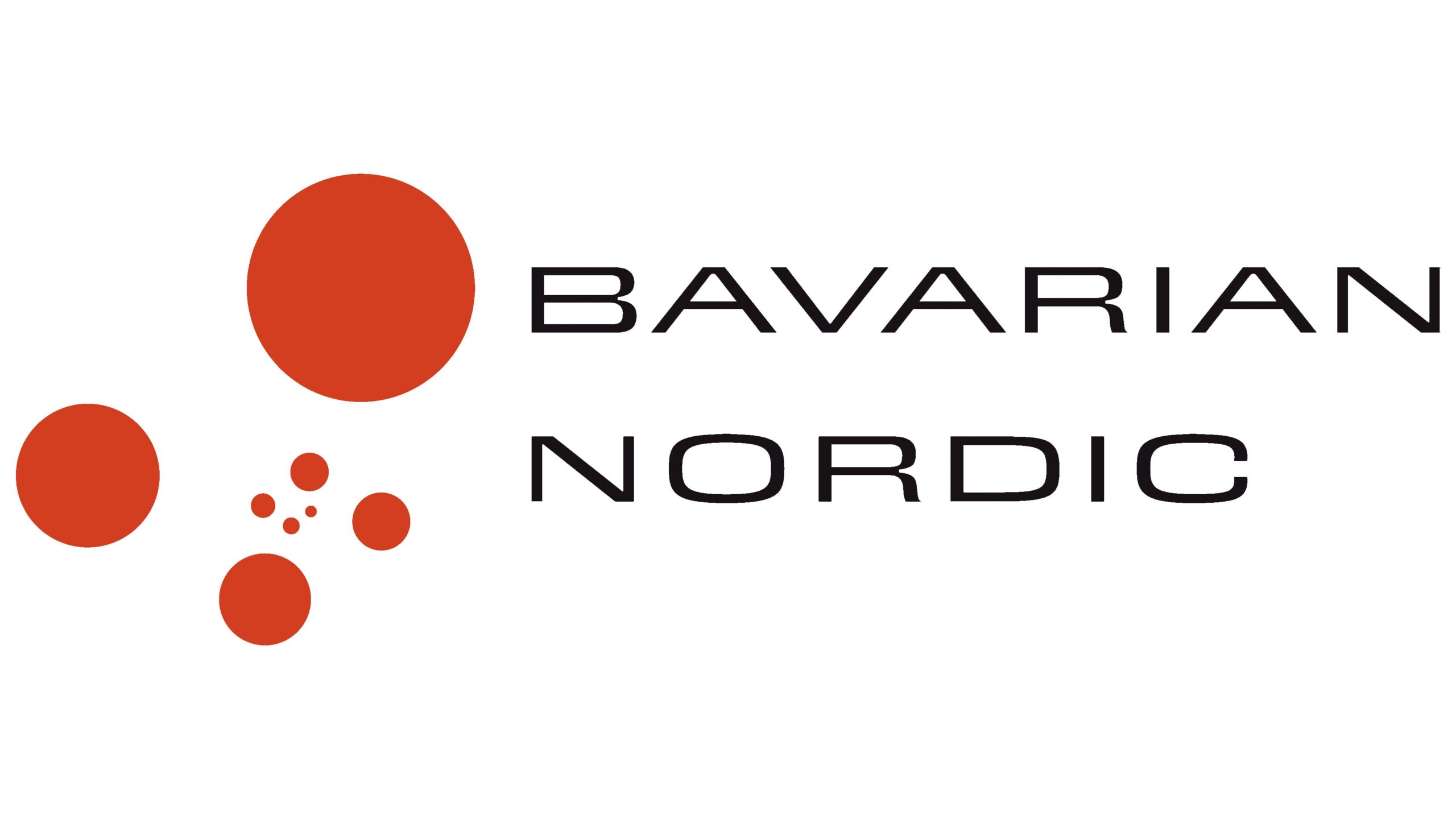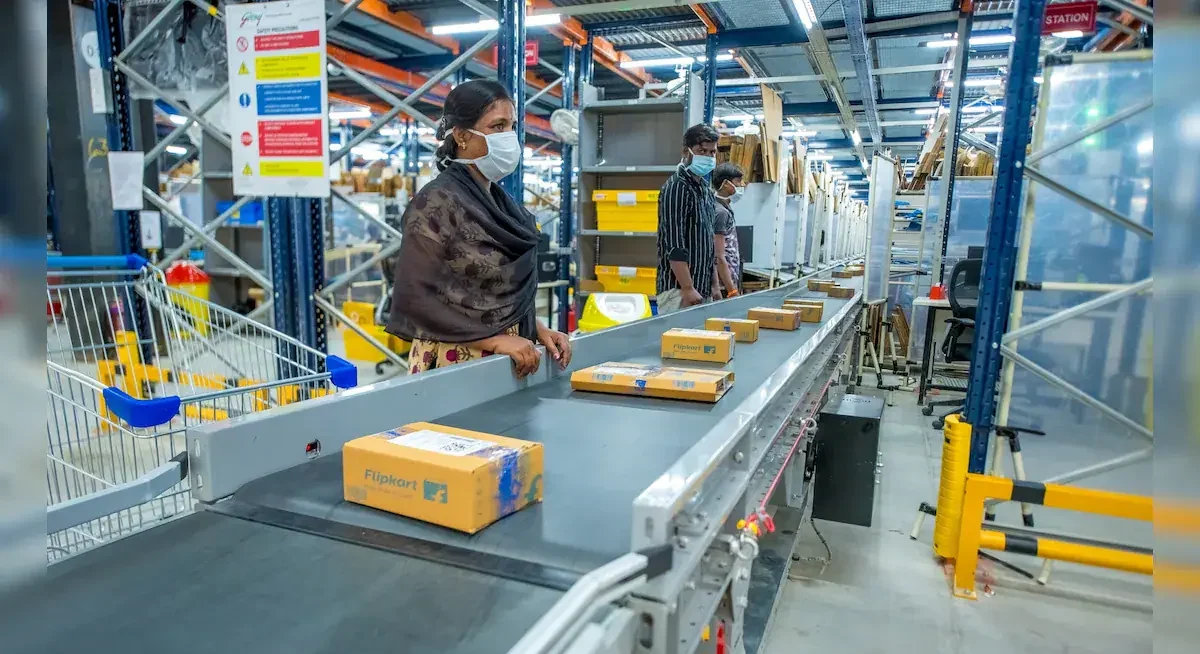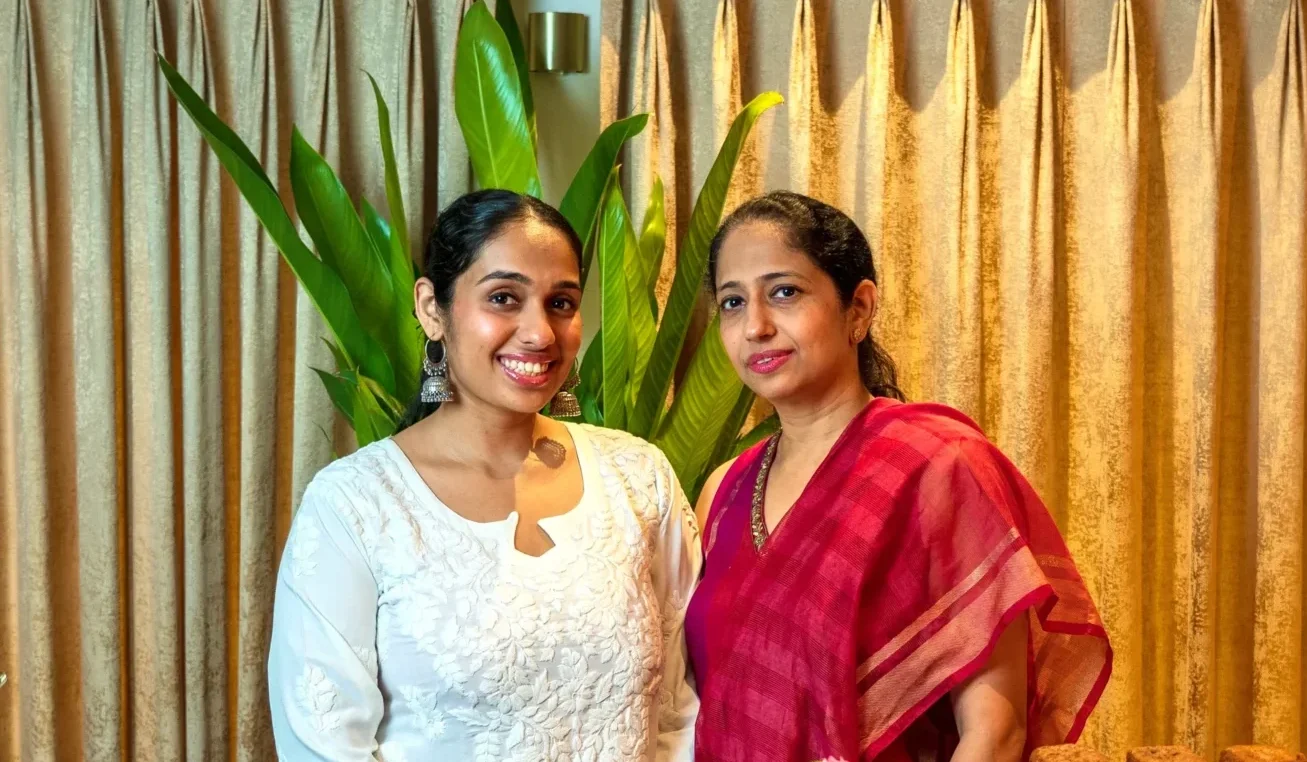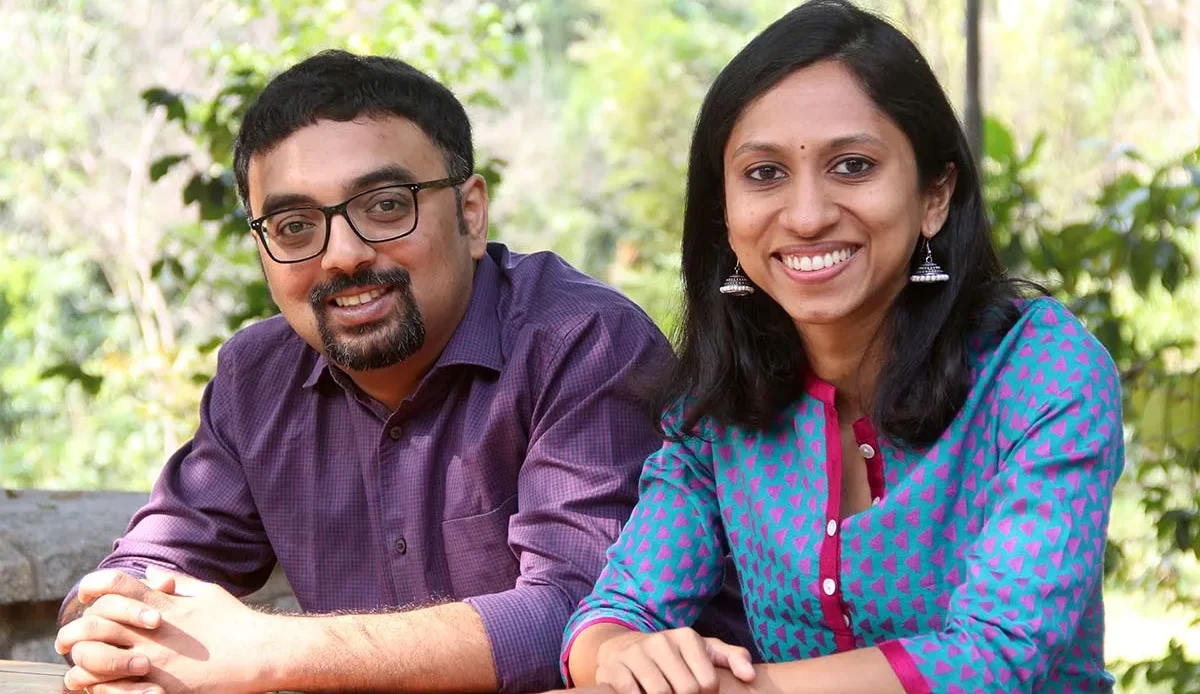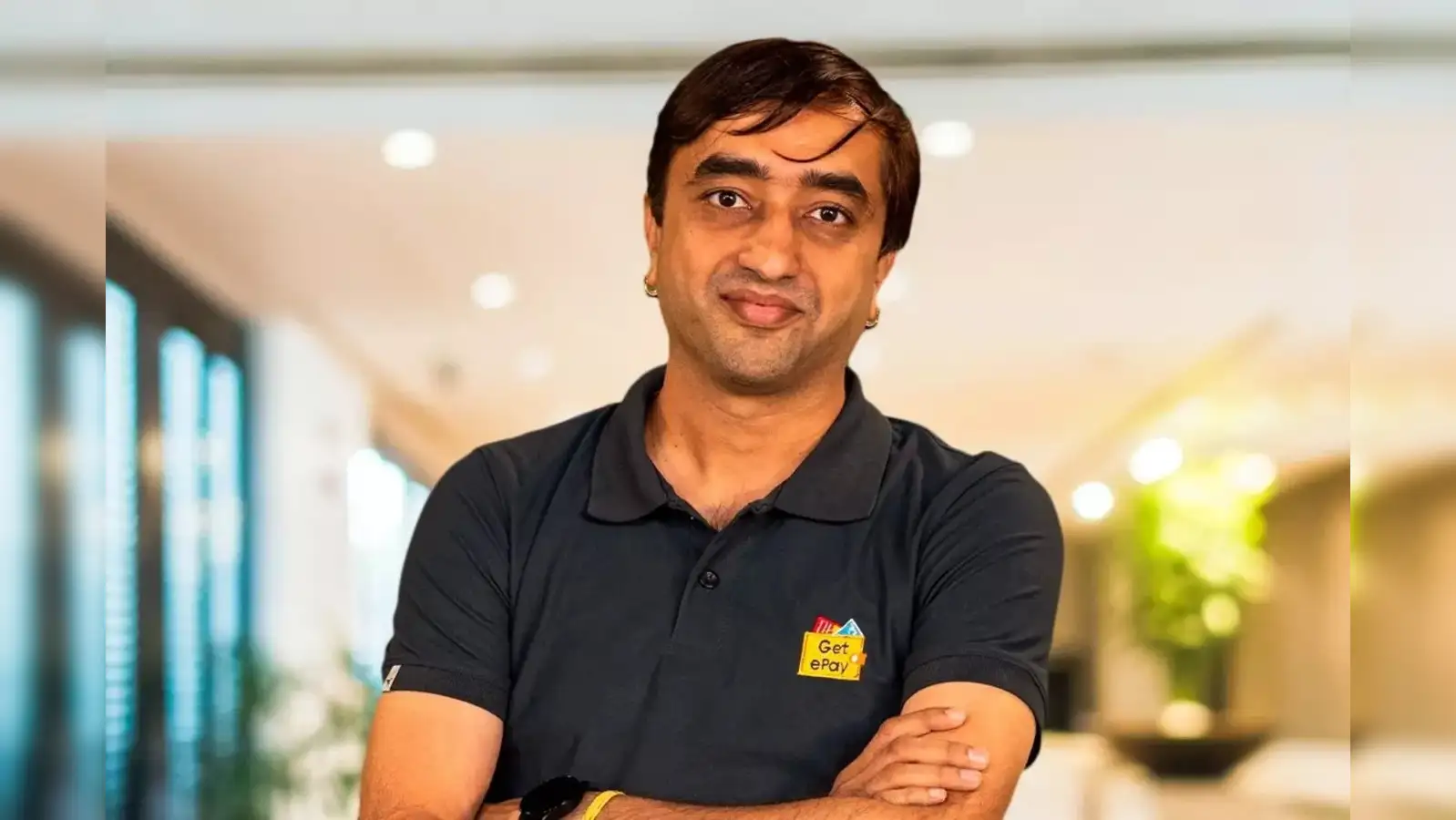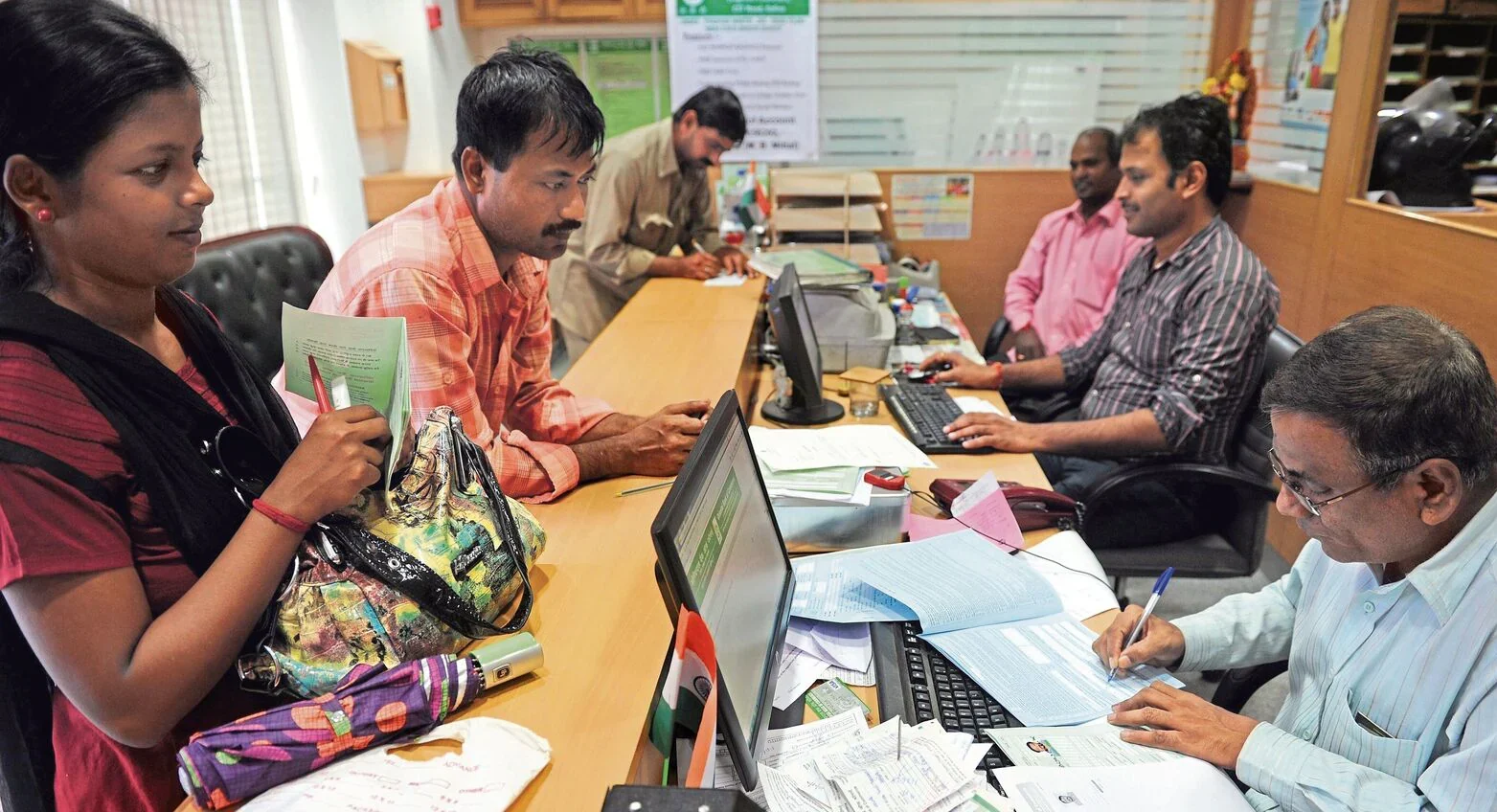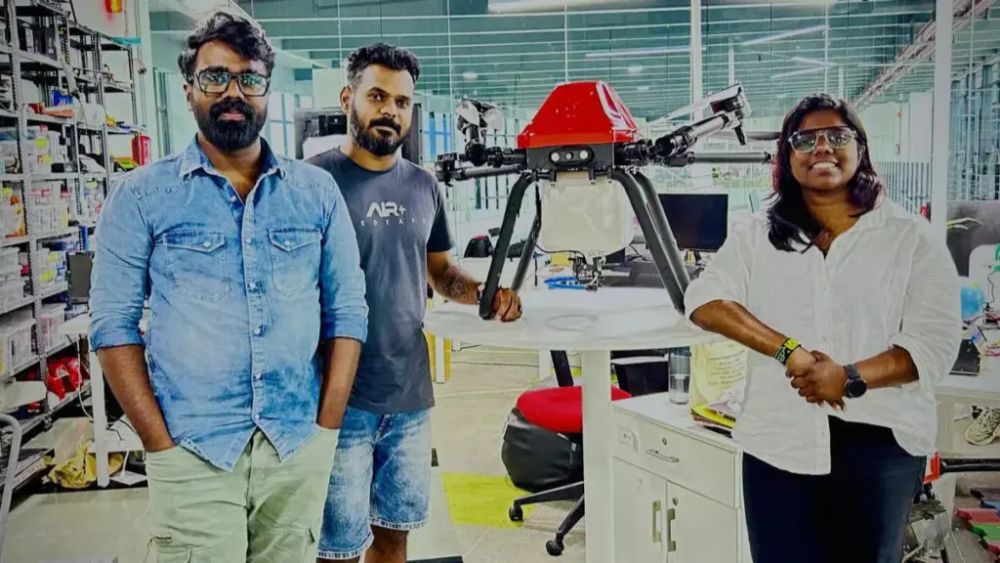Bavarian Nordic partners with Serum Institute of India to expand Mpox vaccine production for the Indian market. The Danish biotech firm will transfer its vaccine production technology to the Serum Institute, enabling local manufacturing and increasing global capacity. This strategic collaboration supports equitable access to vaccines and strengthens epidemic preparedness.
Mpox vaccine collaboration: A strategic partnership
Under the agreement, Bavarian Nordic and the Serum Institute will follow a profit-sharing model without upfront or milestone payments. The Serum Institute will not only manufacture vaccines for India but also conduct contract manufacturing for Bavarian Nordic. This step enhances Bavarian’s ability to meet global demand, ensuring timely vaccine availability.
Paul Chaplin, CEO of Bavarian Nordic, emphasised the importance of this partnership, stating, “Scaling global manufacturing is crucial for equitable vaccine access. Partnering with the world’s largest vaccine manufacturer allows us to take this step.”
Adar Poonawalla, CEO of the Serum Institute, added, “We aim to enhance epidemic preparedness by leveraging our manufacturing strength and ensuring access to life-saving vaccines for vulnerable populations.”
Mpox outbreak: A growing global challenge
Mpox has emerged as a major health concern in 2024. Over 65,700 cases and approximately 1,200 deaths have been reported, with children being disproportionately affected. The Democratic Republic of the Congo (DRC) remains the epicentre, but cases have also been reported in the US, UK, and Thailand.
The new Mpox strain, Clade 1b, is more virulent, spreading rapidly through sexual contact. With a fatality rate of approximately 3%, it poses a severe threat. In August 2024, the World Health Organization (WHO) declared the outbreak a Public Health Emergency of International Concern (PHEIC).
Bavarian Nordic and Serum Institute: A step forward
Through this partnership, Bavarian Nordic and the Serum Institute aim to mitigate the impact of Mpox by scaling up vaccine production. This initiative also supports global vaccination campaigns in affected regions, including the DRC and Rwanda. The collaboration reflects a commitment to combating the outbreak and safeguarding public health.









